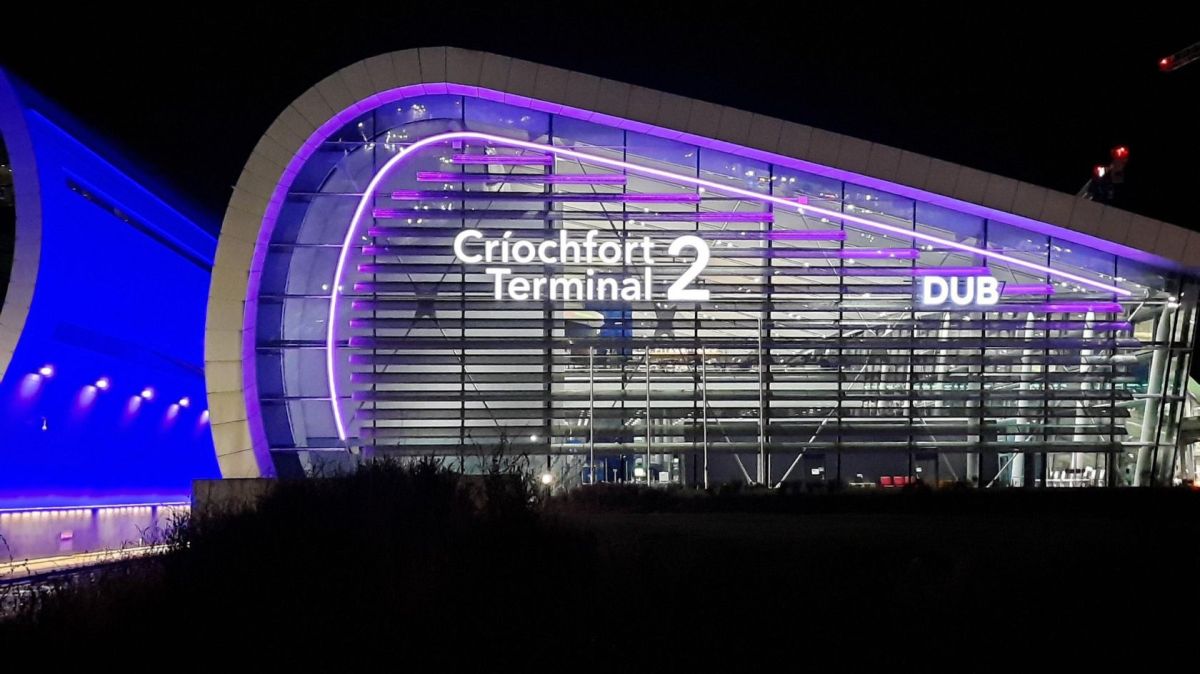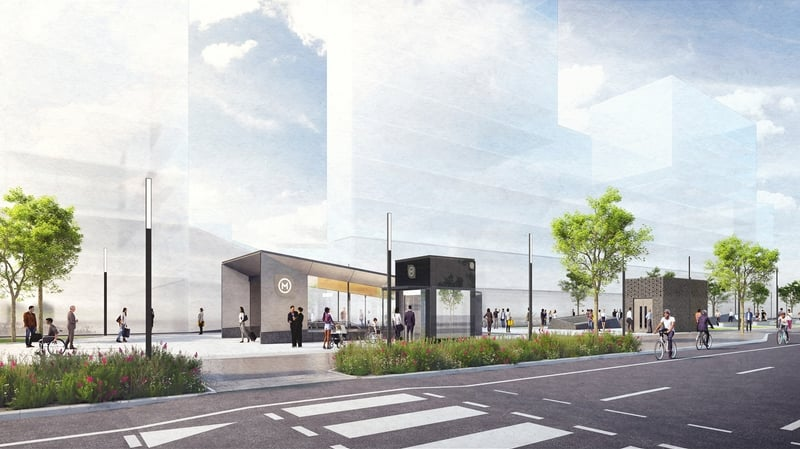Terminal 2 has been most affected, with airlines relying on manual methods to issue bag tags and boarding passes. A spokesperson for the airport, Graeme McQueen, warned that passengers should allow additional time as queues for check-in could be lengthy. Some Aer Lingus customers have faced waits of up to 40 minutes. Airlines operating out of Terminal 1, however, remain unaffected.
The cyber-attack, which used ransomware to target airports across Europe, has been confirmed by the European Union Agency for Cybersecurity (ENISA). The malicious software scrambled automatic check-in systems, forcing airlines and airports to fall back on temporary fixes.
Specialist IT experts from the United States have flown into Dublin to assist with efforts to rebuild affected servers. “This malware has damaged terminal servers, and we are having to reconstruct them from scratch,” Mr McQueen said, adding there was still no timeframe for a full resolution.
Aer Lingus has advised passengers to check in online and bring boarding passes digitally or printed. Travellers with 10kg bags can go directly to their gates, while those with larger 20kg bags should use self-service kiosks.
The disruption comes after Terminal 2 was briefly evacuated on Saturday due to a suspicious piece of luggage, later declared safe following intervention by Gardaí and the army’s explosives team.
RTX, the parent company of software provider Collins Aerospace, confirmed its Muse system, which allows multiple airlines to share check-in desks and boarding gates, had been compromised. The firm has yet to confirm how long the outage will last.
Cybersecurity expert Ciaran Martin cautioned that recovery could take “days” and said it remained unclear who was behind the attack.













